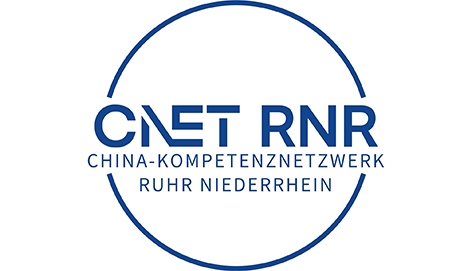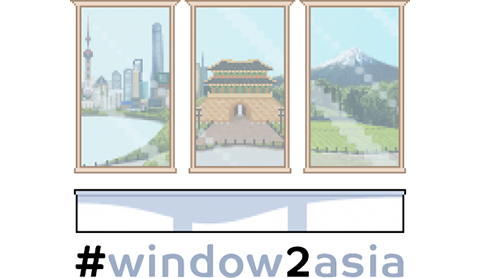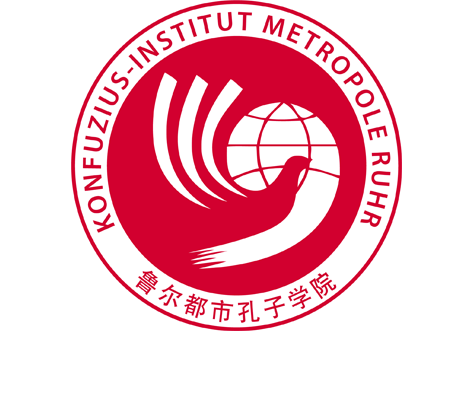Urban Systems in East Asia

Research Group 4 Urban Systems in East Asia
Narratives of Innovation in East Asian Cities
Outline
Ever since the cultural turn widened approaches to the study of culture, new research areas have been explored. In regard to the study of space, for example, this means that the traditional dimensions of space have become enriched; not only are the physical and symbolic aspects of space of interest now, but the analysis of its social dimension has contributed tremendously to the general understanding of space, especially in relation to contemporary urban environment. It is precisely the cross-referencing of results, concepts, and schools of thought which is currently needed for the study of culture in the dynamically developing urban systems of East Asia, and this also necessitates an awareness of peculiarities in academic research which are rooted in the history of science.
Bridging the gap between applied approaches employed by fields like urban development, city planning and architecture and the systemic or theoretical approaches supported in the humanities and social sciences, the group utilizes methods from fields such as ethnology, anthropology, transcultural studies, post-colonial studies, urban semiotics, urban planning, urban cultural studies and global history studies in order to move towards a holistic understanding of urban systems and processes of innovation, cultural adaptation and urban development.
The 'Urban Systems in East Asia' Research Group brings together researchers with a background in planning, humanities and cultural studies and investigates urban East Asia with comparative or paradigmatic approaches to space, time, and identity. Their research addresses topics such as the following:
- Creating built identity (planning, reinvention and reinterpretation of spatial identity in urban context)
- Perceiving built environments (negotiating space and spatial identity in arts, literature and/or specialized knowledge)
- Urban challenges (sustainability, mobility, economy, social changes)











